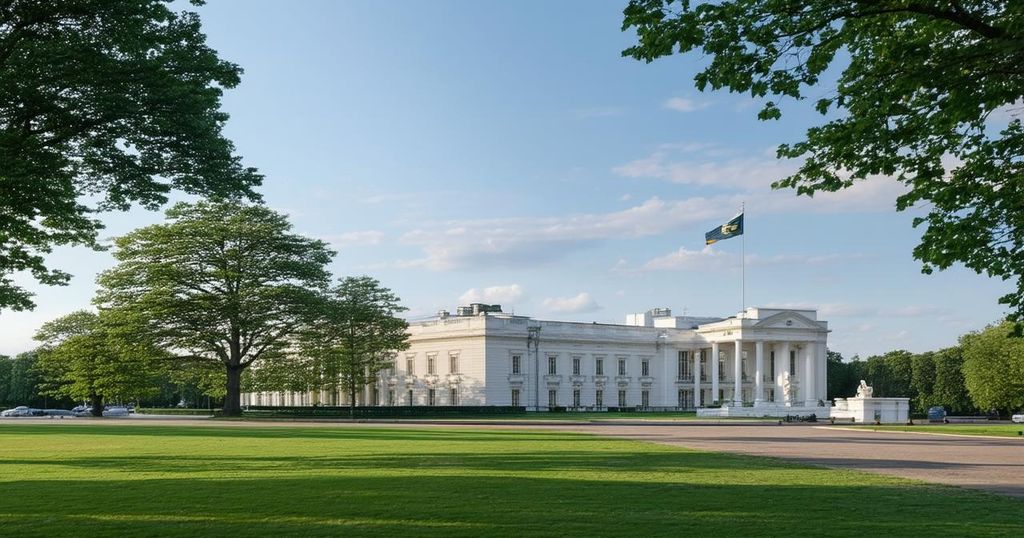Eswatini is reportedly considering the return of an Israeli embassy, closed since 1994, amid Israel’s increasing global isolation due to actions in Gaza. While some government officials advocate for enhancing ties with Israel, others express concern over the implications for Eswatini’s relationships and responsibilities in the international arena, particularly with Arab nations.
Discussions surrounding the potential relocation of Israel’s diplomatic mission from South Africa to Eswatini have emerged, amidst the context of intensified scrutiny towards Israel’s actions in Gaza and Lebanon. Historically, Israel has maintained diplomatic relations with Eswatini, which span over fifty years, yet its embassy in the kingdom was closed in 1994, necessitating the management of ties from Pretoria. Recent developments suggest that Eswatini’s government is contemplating the formal re-establishment of an Israeli embassy in Mbabane. However, both governments have yet to provide definitive statements concerning the potential return of Israeli diplomats to Eswatini. Newman Ntshangase, principal secretary at Eswatini’s Foreign Ministry, indicated ongoing high-level consultations regarding this matter, emphasizing that an announcement would only follow mutual agreement between the two nations. He remarked, “Israel has the right to make the sovereign decision of where to station its diplomatic missions, which would be ‘done through a formal mutual consent process’ with the host nation.” Conversely, there is apprehension within certain political circles in Eswatini regarding the implications of such a move. Figures such as Thokozane Kunene from the Communist Party of Swaziland have criticized the engagement with Israel, claiming that it reflects the government’s alliance with a regime perceived as oppressive. Additionally, concerns have been raised about the possible diplomatic fallout with the Arab world, particularly given Eswatini’s historical ties with Arab nations and the support received from them. Despite these tensions, Eswatini’s government remains firm in its sovereignty to choose its diplomatic partners, as asserted by Percy Simelane, the spokesperson for King Mswati III. He stated that Israel’s historical relationship with Eswatini precedes the current monarch and underscored the kingdom’s autonomy in its diplomatic engagements.
Israel and Eswatini have enjoyed diplomatic relations for over five decades, with significant historical ties that were disrupted when Israel’s embassy was closed in 1994. Since that time, Israel’s representation has been managed from South Africa. However, the recent shifts in international dynamics, including heightened scrutiny of Israel’s actions in Gaza and Lebanon, have led to discussions about reinstating an Israeli diplomatic mission in Eswatini. This potential move is contentious both domestically within Eswatini and in the context of its relations with Arab countries, which historically have provided development support to the kingdom.
The topic of Israel potentially relocating its embassy back to Eswatini raises important discussions about diplomatic sovereignty, international relations, and moral implications related to the Israeli-Palestinian conflict. While the Eswatini government asserts its right to engage with Israel, there are contrasting opinions within the kingdom that highlight the risks associated with such a partnership. Eswatini’s future engagement with Israel may influence its relationships with other nations, particularly in the Arab community, and will require careful diplomatic navigation to maintain its historical alliances.
Original Source: www.middleeastmonitor.com






